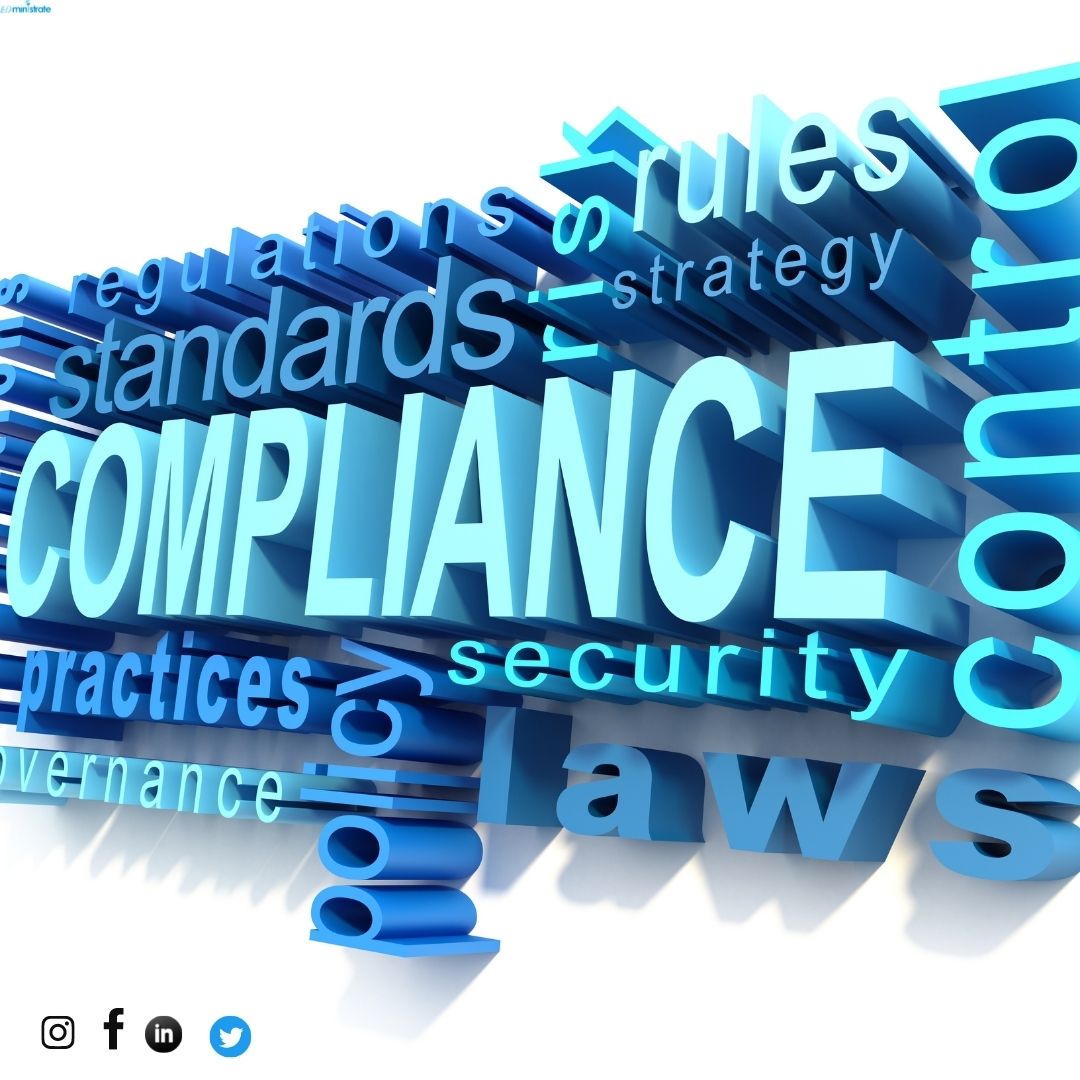Strong leadership starts with your ability to consider advice. We can’t be experts in everything, particularly when it comes to addressing difficult or challenging regulatory or contractual issues. Receiving guidance is often seen as the passive consumption of wisdom. Leaders who are open to receiving advice in times of uncertainty or urgency can make better and informed decisions. By identifying your own gaps in competence and recognising when to seek advice from experts such as EDministrate you can benefit from your trusted advisors insights. Here are some things to avoid by not getting expert advice at the right time.
Choosing your advisers wisely:
It can be easy to fall into the trap of choosing like-minded advisers such as friends or colleagues due to familiarity. However, the risk in doing so is you may receive poor quality or thoughtless advice. Choose the most competent person to seek advice from not the one closest to you. RTO leadership should think innovatively about the expertise they need and identify advisors who have solved similar problems in the past. Consultants should have relevant knowledge and experience that reflects your needs. It costs money to engage experts but in the long run the right guidance can save you months of poor performance and lost opportunities. Obtaining professional advice when you have compliance issues can lessen the burden on your organisation and ultimately benefit your business in the long run.
Problem solving expertise:
Complex problems affecting your RTO may be resolved quicker and easier by seeking a qualified second opinion from a compliance expert. If you wait too long to seek assistance from a specialist, you risk making poor decisions and not solving your costly problems in a timely fashion. A commitment to growth takes a commitment to continuous improvement. As you evaluate with your advisor how you administer the systems and processes you have in place to manage your compliance it is critical that you consider the policies and procedures that mitigate your risks while protecting your RTO and staff.
Misjudging the quality of advice:
Seeking appropriate and relevant advice for your RTO is vital to success. Be careful to ensure you communicate effectively with your chosen advisor and be aware of your own cognitive or emotional blinders. When engaging your expert you must effectively define the problem that needs solving and provide them with all the information they require to develop the solutions you need. Take care not to undervalue or discount the advice they give you and don’t ask for advice if you don’t plan to use it. Seeking advice is not transactional it is all about the relationship with your chosen expert. Using their advice wisely can help you avoid costly mistakes and implementing ill-advised strategies.
Other feature articles:
What CEOs should do to prepare your annual declaration on compliance on time
Essential self-assurance systems and process for RTO’s
Beginners guide to internal auditing in your RTO
Critical things for RTOs to do before an external audit
Implementing systems for self-assurance
References:
https://hbr.org/2015/01/the-art-of-giving-and-receiving-advice
https://www.mindtools.com/pages/article/avoiding-psychological-bias.htm
https://economictimes.indiatimes.com/blogs/et-citings/why-advice-matters/







